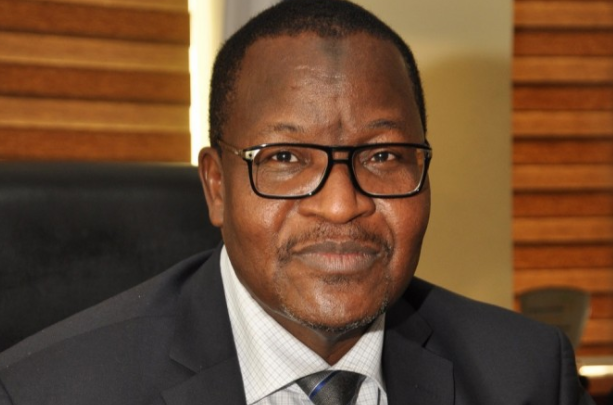An air strike by the Saudi-led coalition in Yemen killed at least seven civilians on Sunday, including four women and two children, official and rebel media have said.
According to AFP news agency, the air strike hit a civilian house in the Huran district of central Yemen’s Bayda province. The house was not the intended target, an official said on condition of anonymity.
Clashes and air strikes over the weekend also killed 32 rebel fighters and injured 14 others in the Houthi-controlled port city of Hodeidah.
On Sunday, the Saudi-led coalition fighting alongside the Yemeni government against Houthi rebels killed four employees of Almaraweah radio station with an air strike on the station building, according to Reuters news agency.
Meanwhile, the coordinator of the United Nations Office for the Coordination of Humanitarian Affairs, Lise Grande, signed a deal on Sunday with the Houthi-run Sanaa government to allow for “a medical air bridge” to transfer critically ill civilians to equipped medical facilities by air flights, the Associated Press reported.
The air bridge would initially operate for a six-month “trial period”, according to the World Health Organisation.
A living hell for children
A coalition led by Saudi Arabia and the United Arab Emirates, and armed by the West, has engaged in a three-and-a-half-year-long war in Yemen to restore the internationally recognised government of Abd Rabbuh Mansour Hadi, who was ousted by Houthi rebels from Sanaa in 2015.
By January 2017, the UN estimated 10,000 people had been killed, more than half of them civilians, and 55,000 injured, although according to Human Rights Watch and other rights groups the actual casualty count is likely much higher.
The conflict has turned Yemen into “a living hell for children”, leaving 11 million children facing the threat of food shortages, disease, displacement and acute lack of access to basic social
services, according to UNICEF.
Last week, coalition-backed Yemeni government forces seized the Houthis’ main supply route linking Hodeidah to the capital Sanaa.
Hodeidah is Yemen’s main city on the Red Sea and, with a population of 600,000, the fourth-largest city in Yemen. It has been under the control of the Houthis since 2014 but the coalition has imposed a blockade on the city since 2017.
The city’s seaport is the gateway for approximately 80 percent of essential food, medical and commercial supplies for Yemen. Saudi Arabia accuses the Houthis of using the port to smuggle weapons from Iran, thereby generating some $40m in monthly revenues from this and other contraband. The Houthis deny the accusations.
Yemeni troops, backed by the Arab coalition, have retaken a number of towns across the Hodeidah province but not the port city itself.
The coalition in July announced a temporary ceasefire in Hodeidah to give a chance to UN-brokered peace talks which failed to bring the two sides together and collapsed in Geneva earlier this month.
Martin Griffiths, the UN’s Yemen envoy who is pushing for new peace talks, arrived on Sunday in the rebel-held capital Sanaa, without making any statement to the media.
The rebels kept away from the talks, accusing the UN of failing to guarantee the return of their delegation from Switzerland to Sanaa, and to secure the evacuation of wounded rebels to Oman.




